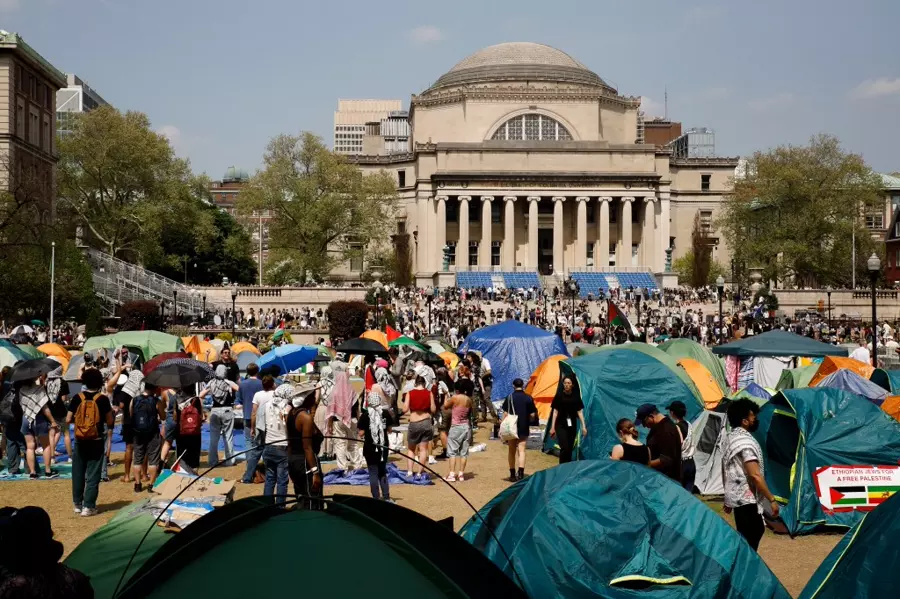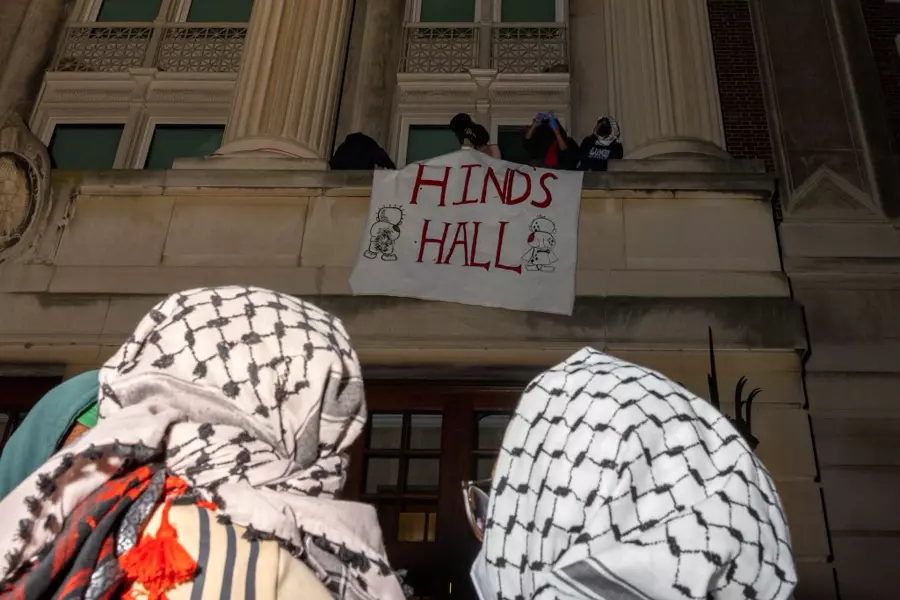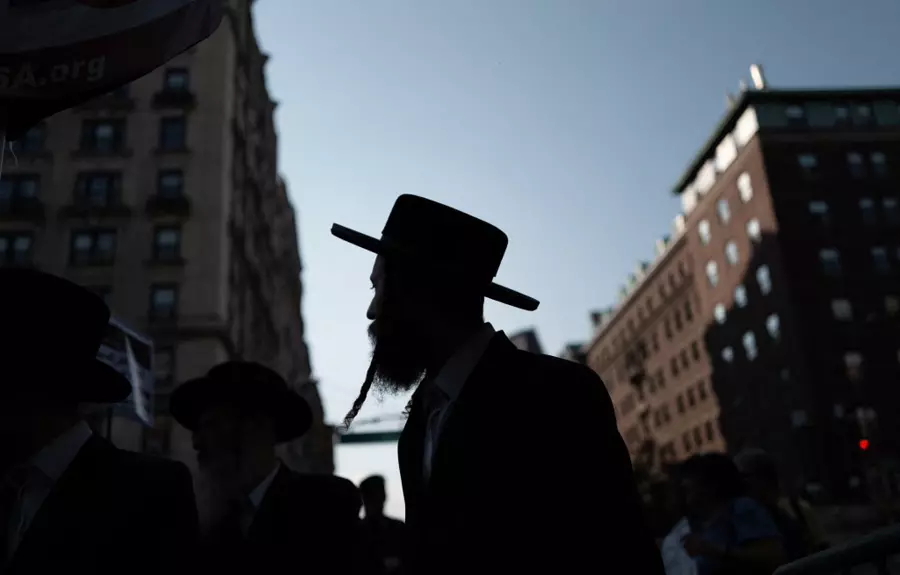Columbia University is in urgent need of changes to combat on-campus antisemitism, according to a sweeping report released by the institution’s antisemitism task force on Friday. The Ivy League did little to stop the ostracization, humiliation and verbal abuse of Jewish and Israeli students in the wake of Hamas’ Oct. 7 attack on Israel. The 91-page document offered a slew of recommendations to counteract the “serious and pervasive” problems that the faculty-led task force uncovered through nearly 500 student testimonials.

Many of the interviewed students described losing a sense of security and safety on campus that existed before anti-Israel protests rocked the campus, leading students to suffer “crippling anxiety” that they could be targeted at any moment.
Columbia University faculty played a big part in this sense of danger, the task force found. Professors and other staff — including “high-level administrators” — were slow to report instances of harassment on campus, or pushed the issue down the line to other staff members, according to the report. Faculty was also accused of publicly downplaying the situation as protests at the Ivy League peppered headlines across the nation.
The task force issued its report just four days before the scheduled start of classes for Columbia’s fall semester and less than three weeks after embattled Columbia University president Minouche Shafik suddenly resigned. Interim President Katrina Armstrong has already promised to expand training and streamline its handling of harassment complaints in line with the new report’s recommendations under her term.
To combat the issues outlined in the sweeping report, the task force offered several recommendations, including revamped anti-bias training for students and staff and a revised system for reporting complaints about antisemitism. It also said student groups should stop issuing political statements unrelated to their missions, saying Jewish students felt pushed out of many clubs and organizations.
The task force issued its report just four days before the scheduled start of classes for Columbia’s fall semester and less than three weeks after embattled Columbia University president Minouche Shafik suddenly resigned. Interim President Katrina Armstrong has already promised to expand training and streamline its handling of harassment complaints in line with the new report’s recommendations under her term.
This is an opportunity to acknowledge the harm that has been done and to pledge to make the changes necessary to do better and to rededicate ourselves, as university leaders, as individuals, and as a community, to our core mission of teaching and research,” Armstrong said in a statement.





